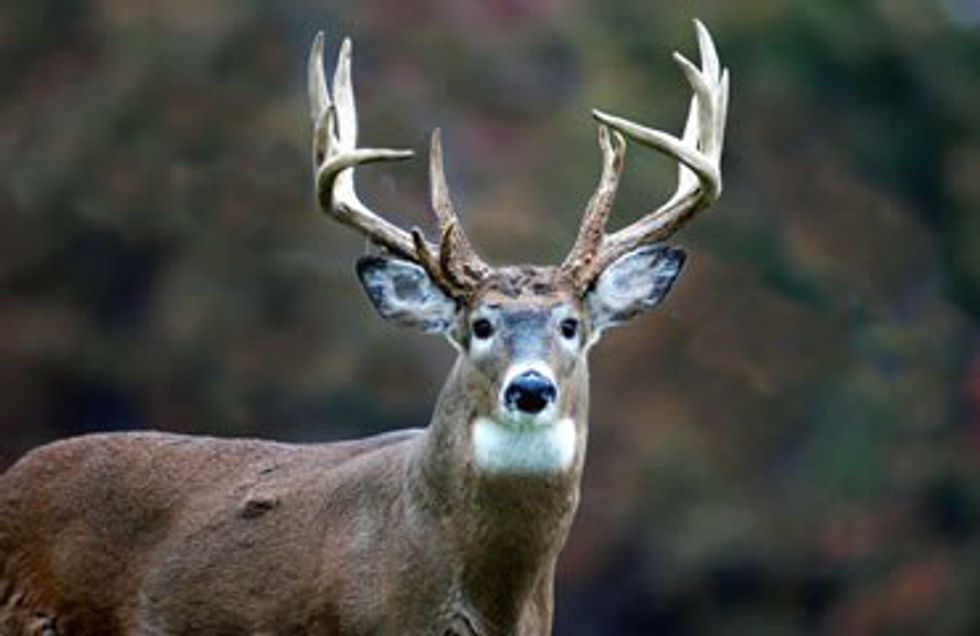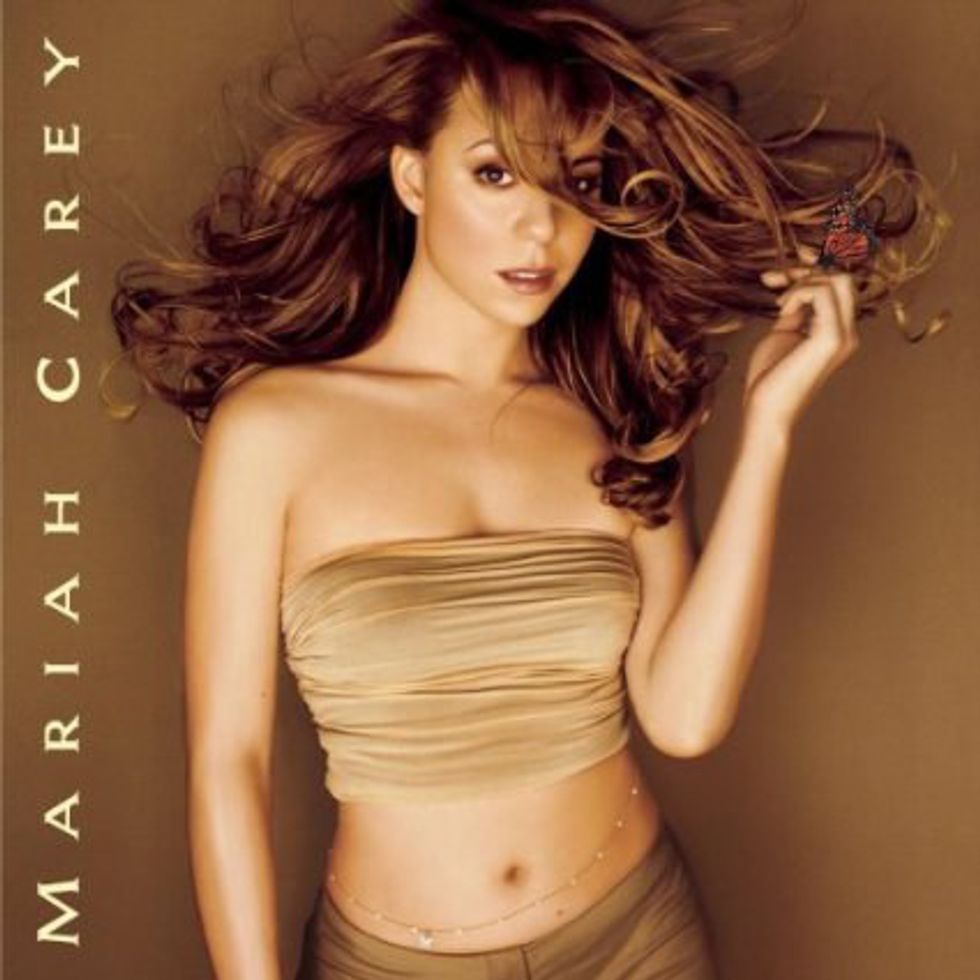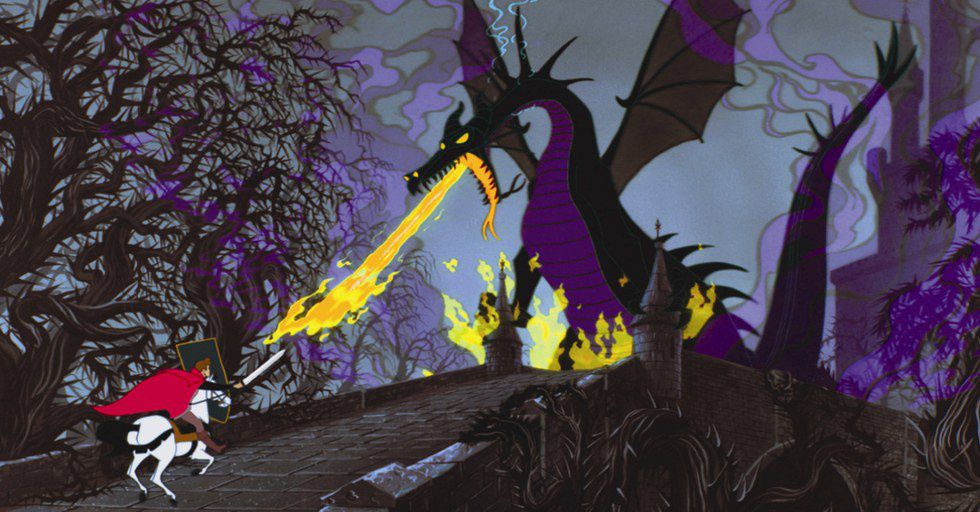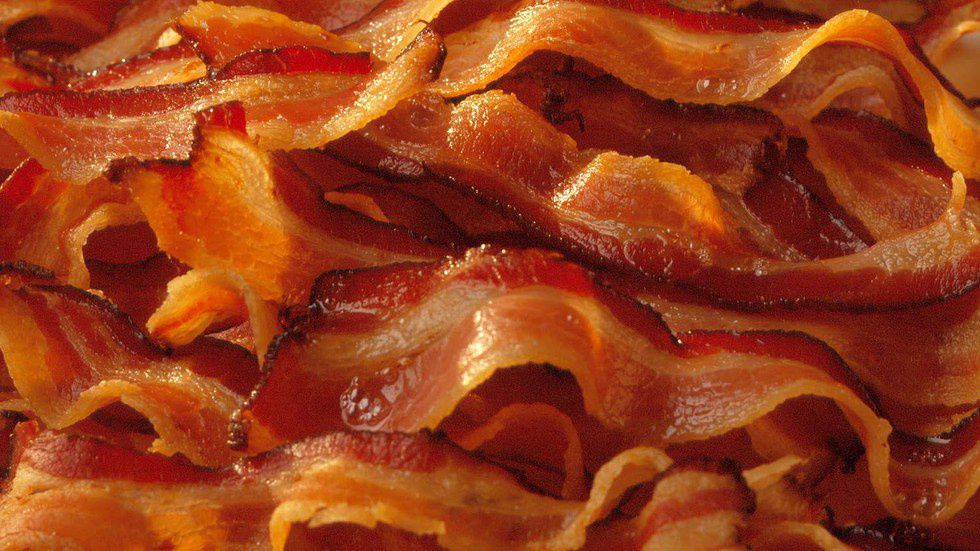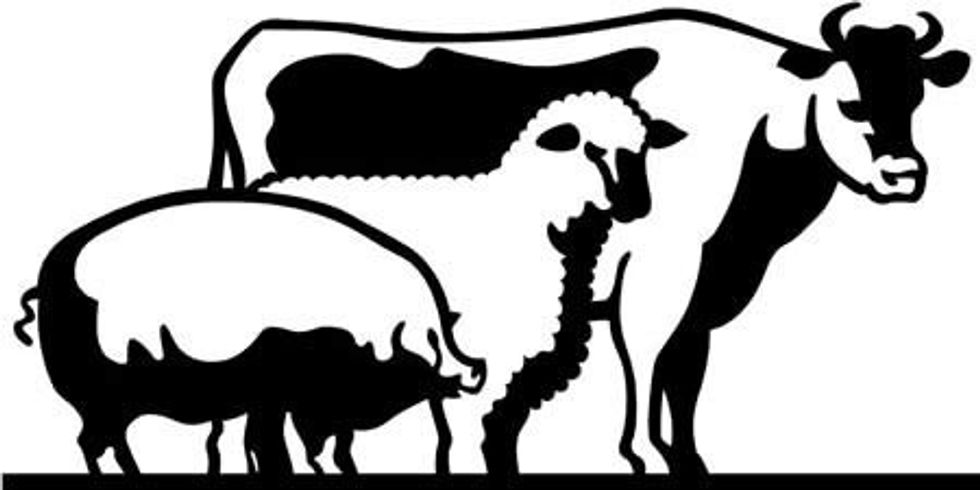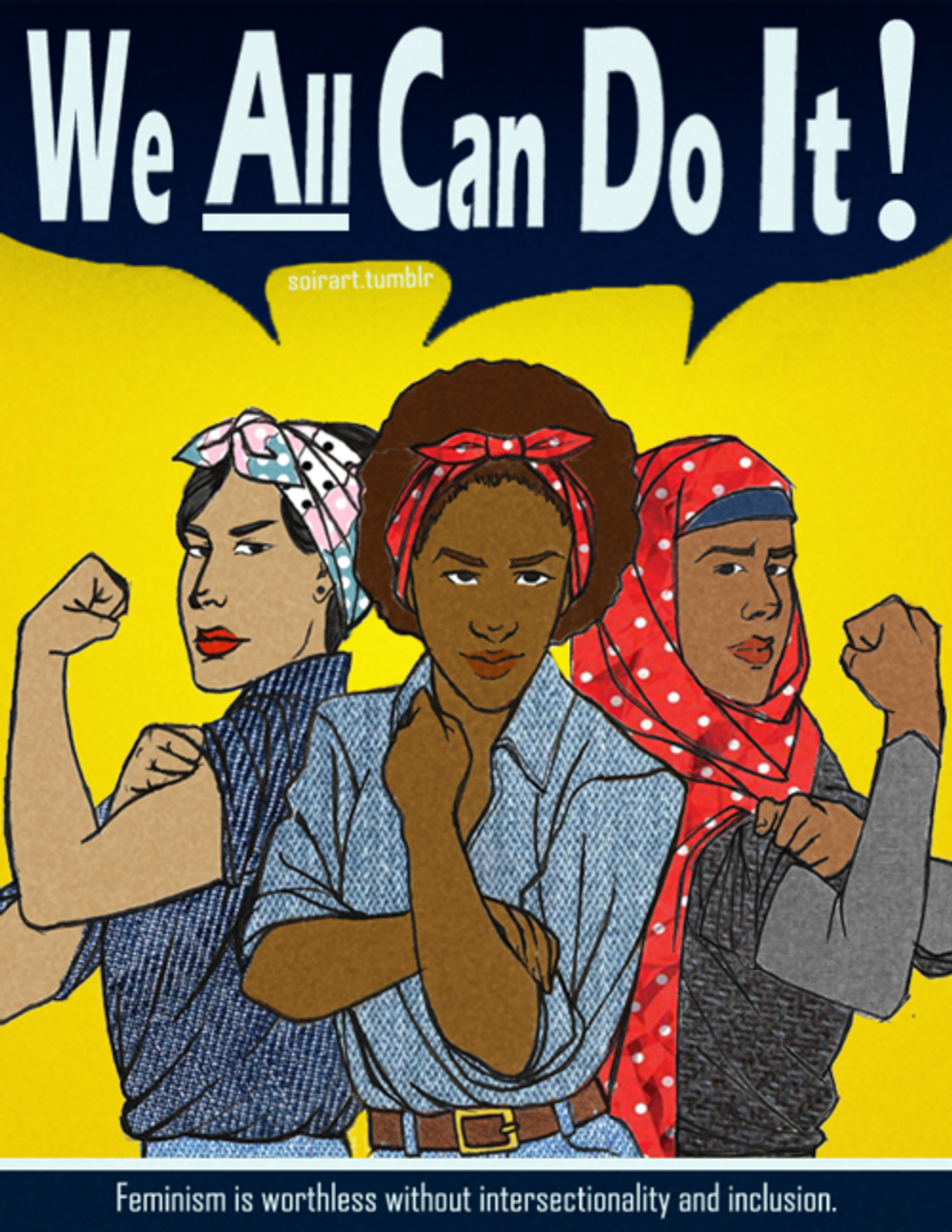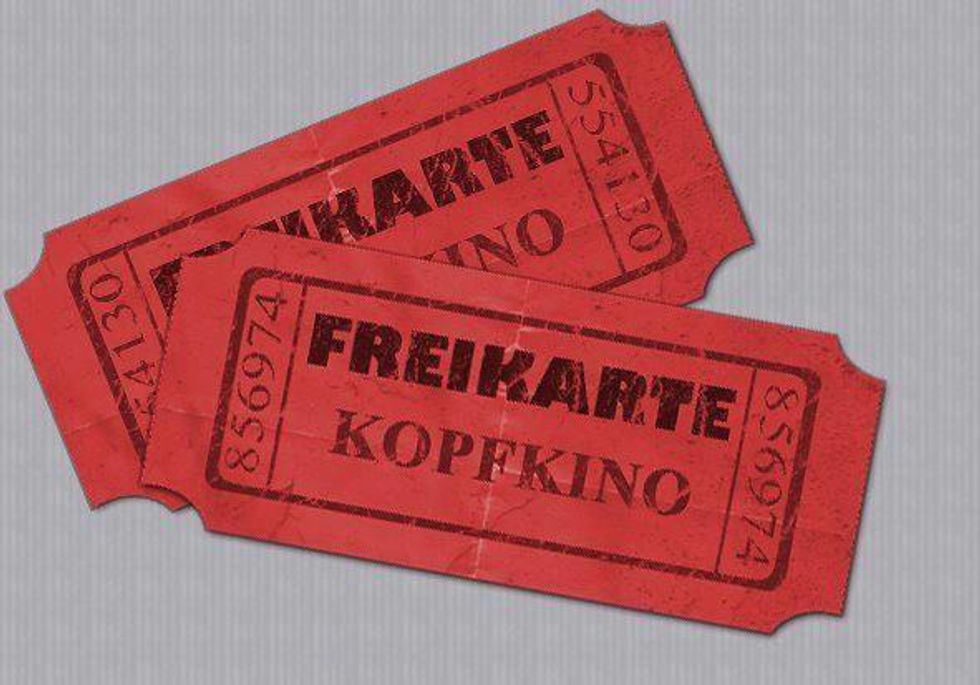1. Fremdschämen
After an evening marathoning "Curb Your Enthusiasm" using my roommate's parents' HBO Go password, I thought to myself: “if there’s one word for this feeling of secondhand embarrassment I get each time Larry opens his mouth, it’s going to be a German word.”
And I was right. This word comes from “fremd,” meaning “foreign,” and “die Scham,” meaning “shame.”
2. Arschgeweih
If you guessed that “der Arsch” means “arse” or “ass,” you’d be right. “Das Geweih” are “antlers.” Okay, so this is one of those compound nouns that doesn’t have an immediately obvious meaning. But, as soon as I tell you, you’ll get it:
“Das Arschgeweih” is the German term for a tramp stamp.
3. Schmetterling
“Das Schmetterling” is a butterfly. No extra special meaning here, I just think it’s a sweet, twee little word.
4. Drachenfutter
This is a gift you bring someone, usually your significant other, if you’re in deep scheiße. It literally means “dragon fodder,” from “der Drache[n]” (dragon; depending on the region, it is spelled with or without the “N”) and “der Futter” (fodder).
This term is virtually exclusively used with women. “Der Drachen” is also a pejorative term for a woman, along the lines of “shrew,” “biddy” and “old hag," making the Maleficent image extra appropriate.
5. Kummerspeck
From “der Kummer” (grief) and “der Speck” (usually bacon, but also colloquially used to refer to body fat). "Der Kummerspeck" is the weight you gain from overeating to comfort yourself.
6. Fleisch
In several instances, English developed two different words for an animal and its meat: we raise cows, pigs, and sheep; but we eat beef, pork, and mutton.
One theory is that this is due to the conquest of England by the French Normans. The wealthier French Normans ate the meat, and thus the food terms come from French. Since the Saxon serfs raised the meat for their invaders, but were too poor to routinely eat any themselves, their terms were kept for agricultural use.
German is not so quaint. You eat “das Kuhfleish” or “das Rindfleish” (cow flesh), “das Schweinfleisch” (pig flesh), and “das Schaffleisch” (sheep fleish). Even gums are called “das Zahnfleisch” (tooth flesh), and pulp is called “das Fruchtfleisch” (fruit flesh). Yum!
7. Frau
“Frau” means “woman,” but is also used as an honorific, as we use “Mrs.,” “Ms.” and “Miss.” The reason I like this word so much is that it’s used for married and unmarried women alike. Germans acknowledged that using different honorifics for women based on their marital status is unacceptably sexist, and thus "Frau" is used for any woman ("Fraulein" may be used by elderly folks, though rarely).
8. Kopfkino
“Der Kopf” means “head,” and “Das Kino” is a movie theater “Das Kopfkino” is the movie theater in your mind where you play out the potential scenarios if you fail your German vocabulary quiz, for example.





